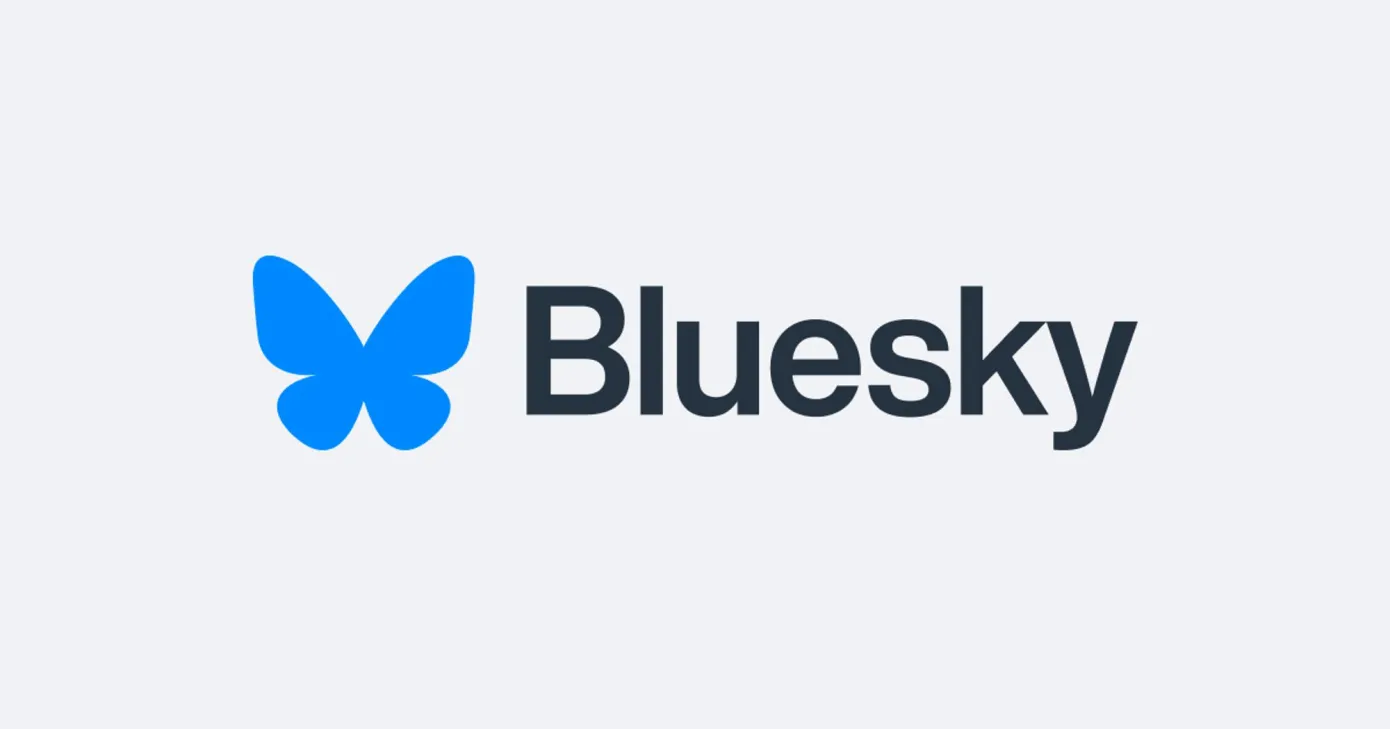Positioned as a competitor to established players like X, Threads, and Mastodon, Bluesky has been gaining attention for its innovative approach to social networking. Today, Bluesky announces a significant update that is poised to redefine the way users interact online: the opening up of federation.
What does this mean for users? Essentially, federation allows anyone to run their own server connected to Bluesky’s network. This decentralized model empowers users to host their own data, manage their accounts, and set their own rules. Similar to Mastodon’s approach, federation on Bluesky offers users greater control over their personal data, a feature that has become increasingly important in light of recent developments in the social media landscape.
This shift comes at a time when there is a growing demand for alternatives that prioritize user privacy and data ownership. The platform’s origins as a project funded by Twitter under Jack Dorsey have lent it credibility and momentum, culminating in its recent spin-out as its own independent company. Now, with over 5 million registered users since its public launch earlier this month, Bluesky is poised to further disrupt the social media landscape with its decentralized model.
One of the key distinguishing factors of Bluesky’s federation model is its use of the AT Protocol, a newer social networking protocol, as opposed to Mastodon’s use of ActivityPub. While both protocols enable decentralized social networking, Bluesky’s implementation offers unique features aimed at enhancing user experience and customization.
Bluesky users can participate in the global conversation while retaining control over their individual experiences through features like custom feeds and composable moderation. This approach empowers users to tailor their online interactions according to their preferences, mitigating the need for server operators to block other servers based on content concerns. Additionally, Bluesky streamlines account portability, allowing users to seamlessly transition between servers without losing followers or posts.
While hosting a Bluesky server may require some technical expertise, the platform offers resources and support to facilitate the process. Initially, federation will be open to those interested in running smaller servers, with plans to expand to larger servers in the future.
Image credit: Bluesky









